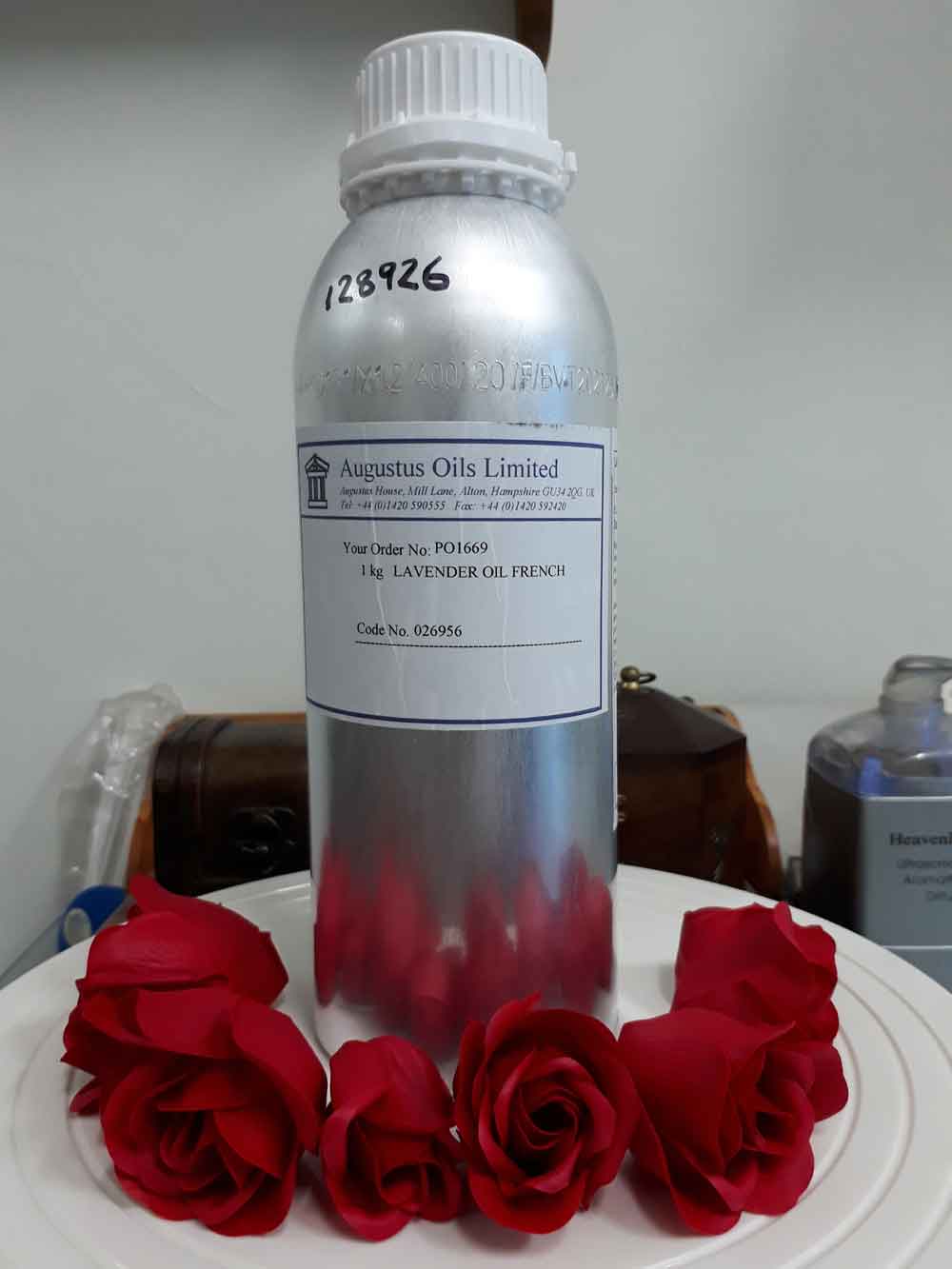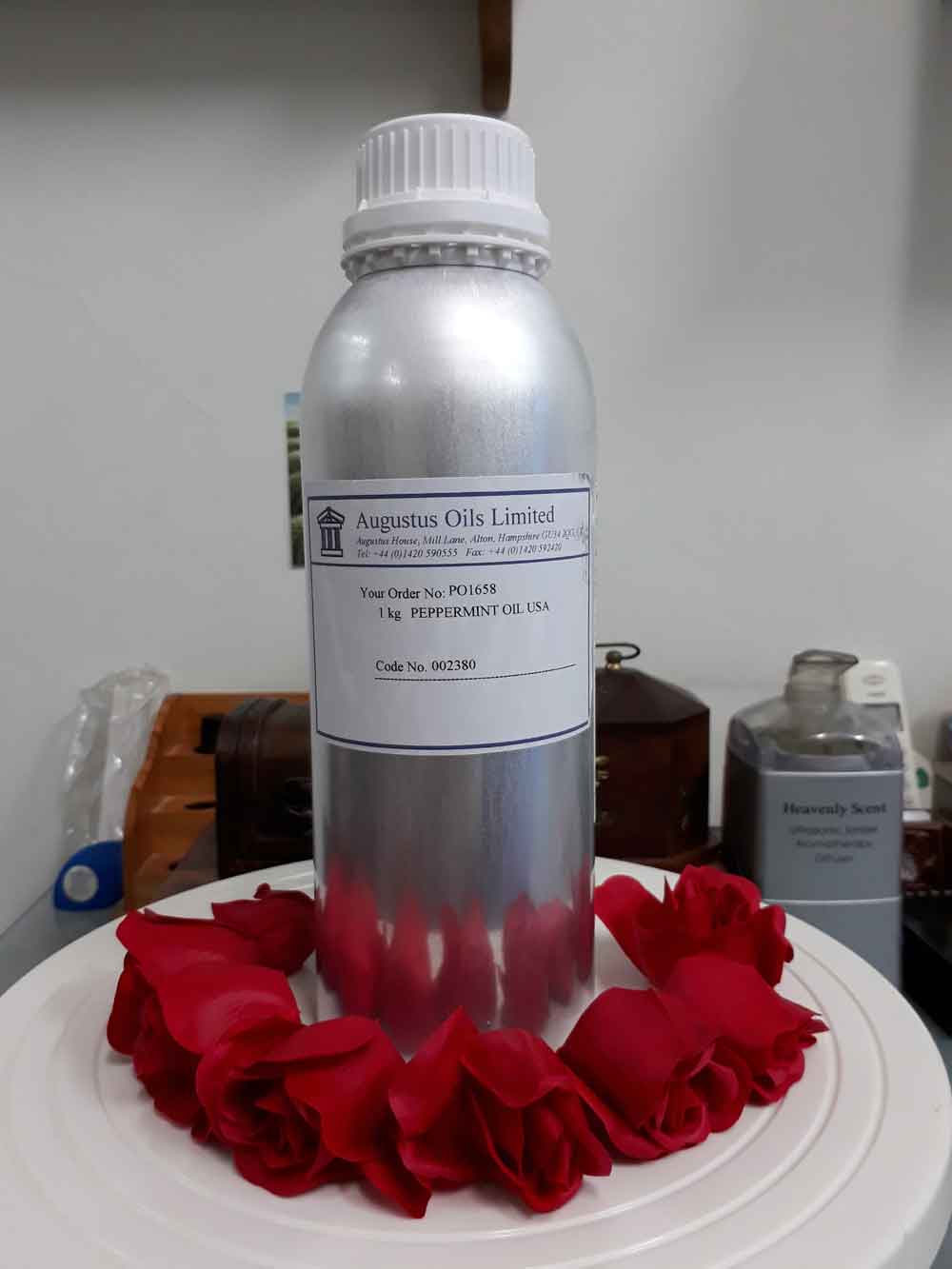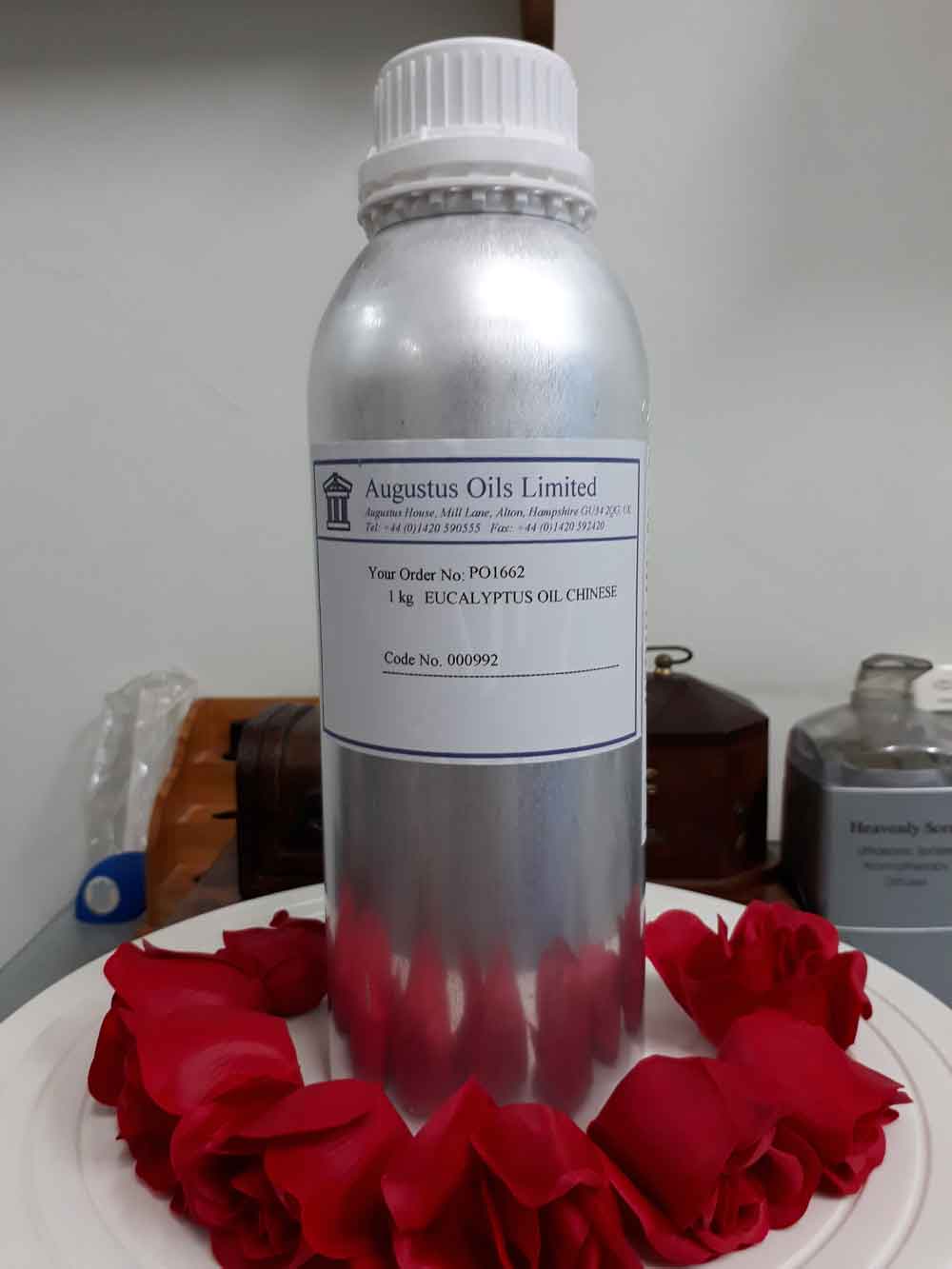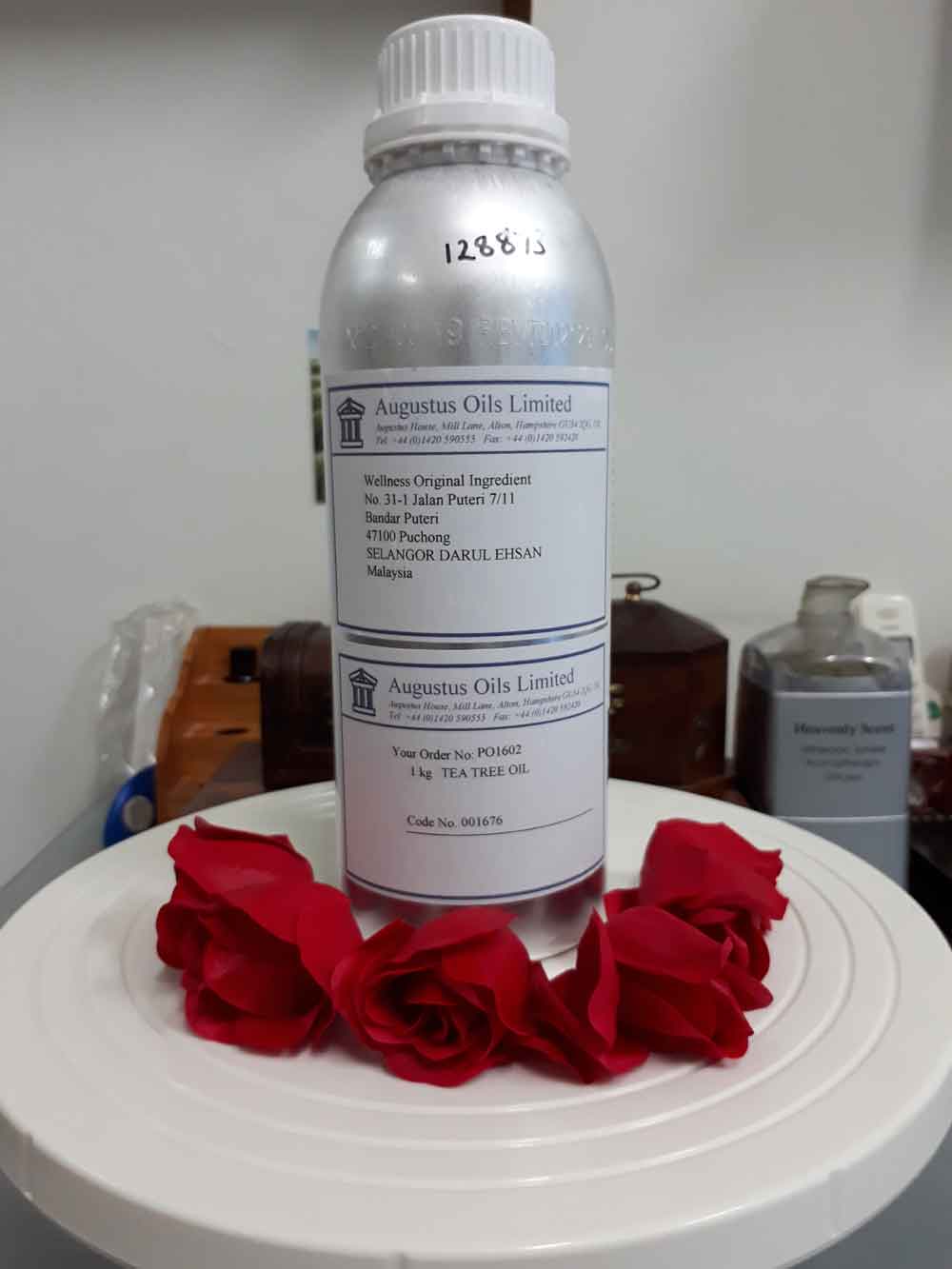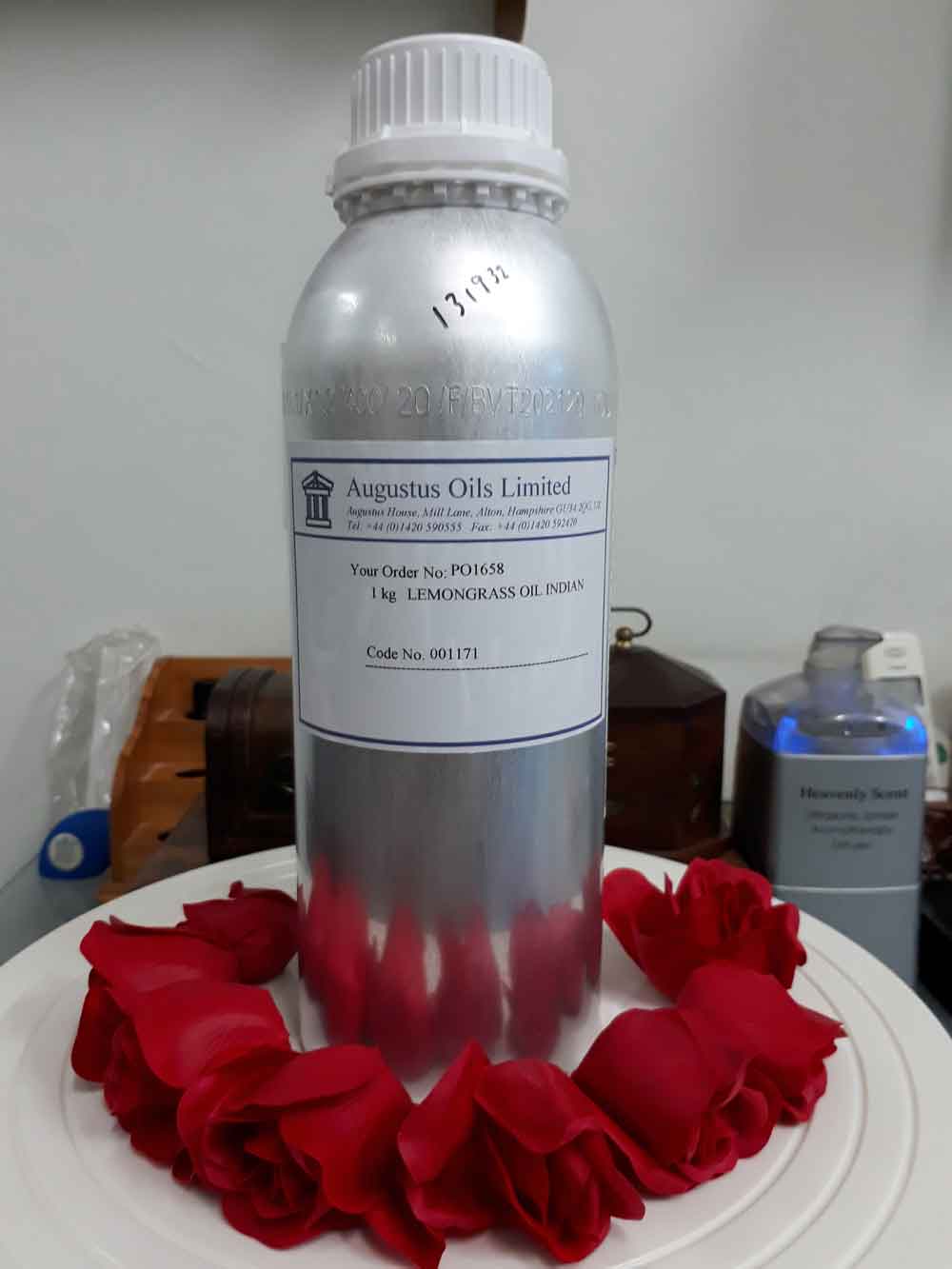The 5 types of Essential Oils that are widely used in aromatherapy.
Learn about the 5 types of Essential Oils that are widely used in aromatherapy.
Aromatherapy is a holistic healing treatment that uses natural plant extracts, commonly referred to as essential oils, to promote health and well-being. The practice of using essential oils has ancient roots and has grown in popularity due to its potential physical and emotional benefits. In this article, we will explore five essential oils that are widely used in aromatherapy for their remarkable properties and diverse applications: Lavender, Peppermint, Eucalyptus, Tea Tree, and Lemongrass.
Lavender Essential Oil
Lavender is perhaps the most well-known and versatile essential oil in aromatherapy. It is extracted from the flowers of the Lavender plant (Lavandula angustifolia) and is prized for its calming and soothing attributes. Lavender oil is commonly used to alleviate anxiety, stress, and insomnia. Its gentle aroma helps to create a tranquil environment, making it a staple in stress-relief and sleep-inducing blends. Additionally, lavender oil possesses antiseptic and anti-inflammatory properties, making it effective for treating minor burns, insect bites, and skin irritations. By integrating lavender oil into daily routines, users can enjoy both emotional and physical well-being.
Peppermint Essential Oil
Peppermint oil, derived from the leaves of the Peppermint plant (Mentha piperita), is celebrated for its refreshing and invigorating scent. This essential oil is widely used for its ability to enhance mental clarity, focus, and concentration. The menthol content in peppermint oil imparts a cooling sensation, making it an excellent remedy for headaches, muscle pain, and digestive issues. Inhalation of peppermint oil can also alleviate symptoms of sinus congestion and respiratory problems. Whether used in diffusers, topical applications, or diluted in carrier oils, peppermint oil serves as a versatile and energizing addition to the aromatherapy toolkit.
Eucalyptus Essential Oil
Eucalyptus oil is extracted from the leaves of the Eucalyptus tree (Eucalyptus globulus) and is renowned for its potent antiseptic and decongestant properties. Its fresh, camphoraceous aroma makes it a popular choice for relieving respiratory issues such as colds, coughs, and asthma. Eucalyptus oil is often found in balms, ointments, and inhalers designed to promote easier breathing and decongestion. Additionally, this essential oil can be used in massage blends to ease sore muscles and joints. With its strong antimicrobial qualities, eucalyptus oil is also effective in cleaning and purifying the air.
Tea Tree Essential Oil
Tea tree oil, extracted from the leaves of the Melaleuca alternifolia plant, is a powerhouse in the world of essential oils due to its extensive antimicrobial, antifungal, and antiviral properties. It is commonly used to treat a variety of skin conditions, including acne, fungal infections, and cuts. Tea tree oil can be added to shampoos to alleviate dandruff and scalp irritations. When diffused, it acts as an air purifier, reducing airborne bacteria and viruses. Due to its robust cleansing capabilities, tea tree oil is a popular component in household cleaners and personal care products.
Lemongrass Essential Oil
Lemongrass oil is derived from the stalks and leaves of the Cymbopogon citratus plant and is recognized for its fresh, citrusy scent that can uplift the spirit and enhance mental clarity. This essential oil boasts antifungal, antibacterial, and anti-inflammatory properties, making it useful for combating infections and reducing inflammation. In aromatherapy, lemongrass oil is often used to relieve stress, anxiety, and headaches. Its invigorating aroma also serves as an excellent natural deodorizer and insect repellent. Lemongrass oil can be incorporated into massage oils to ease muscle pain and improve circulation.
Conclusion
Each of these five essential oils—Lavender, Peppermint, Eucalyptus, Tea Tree, and Lemongrass—offers unique benefits and uses in aromatherapy. From promoting relaxation and clear breathing to treating skin ailments and invigorating the senses, these oils demonstrate the diverse therapeutic potential of plant-based remedies. Whether you are a seasoned aromatherapy enthusiast or a newcomer exploring this holistic practice, incorporating these staple essential oils into your routine can significantly enhance your overall well-being.
